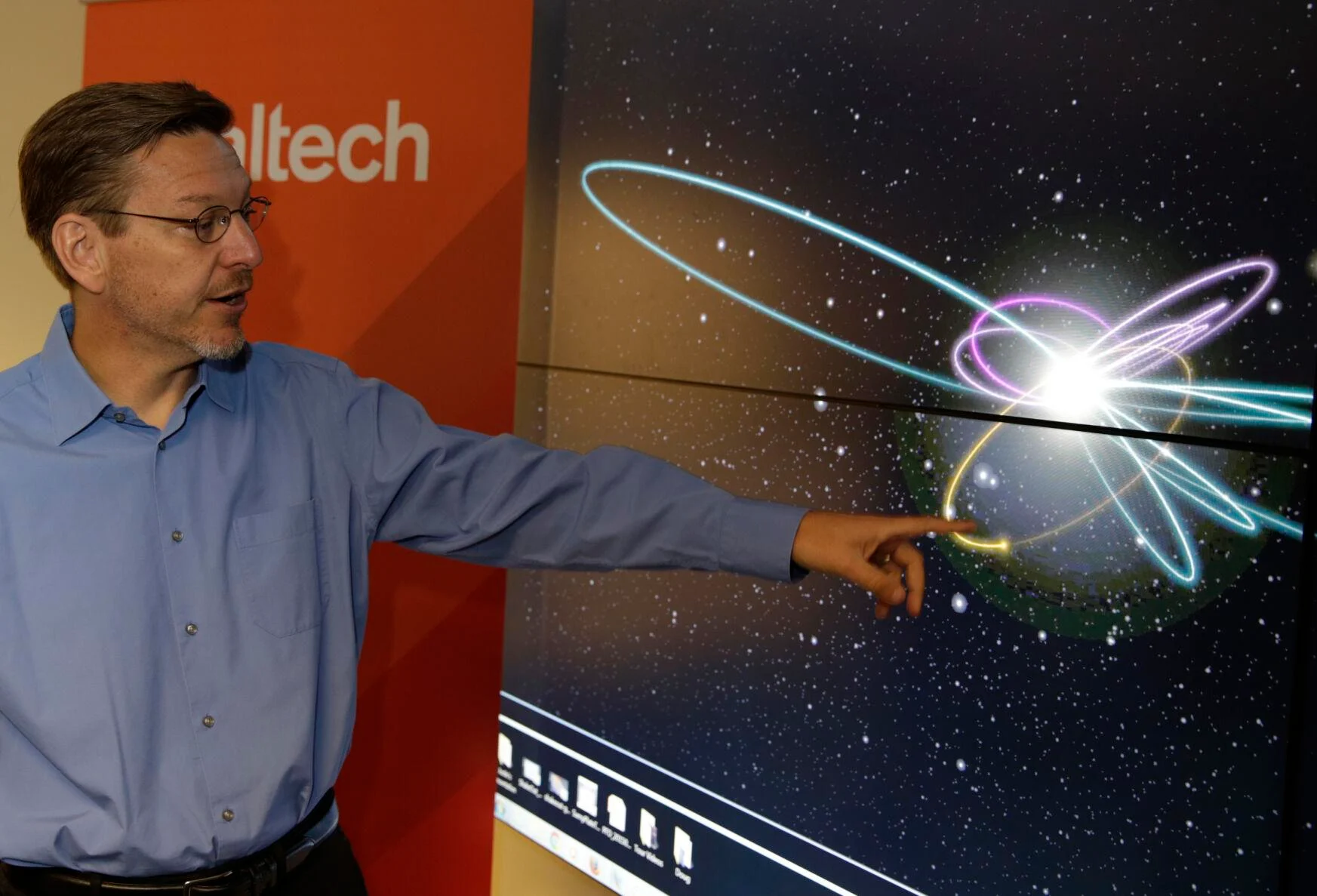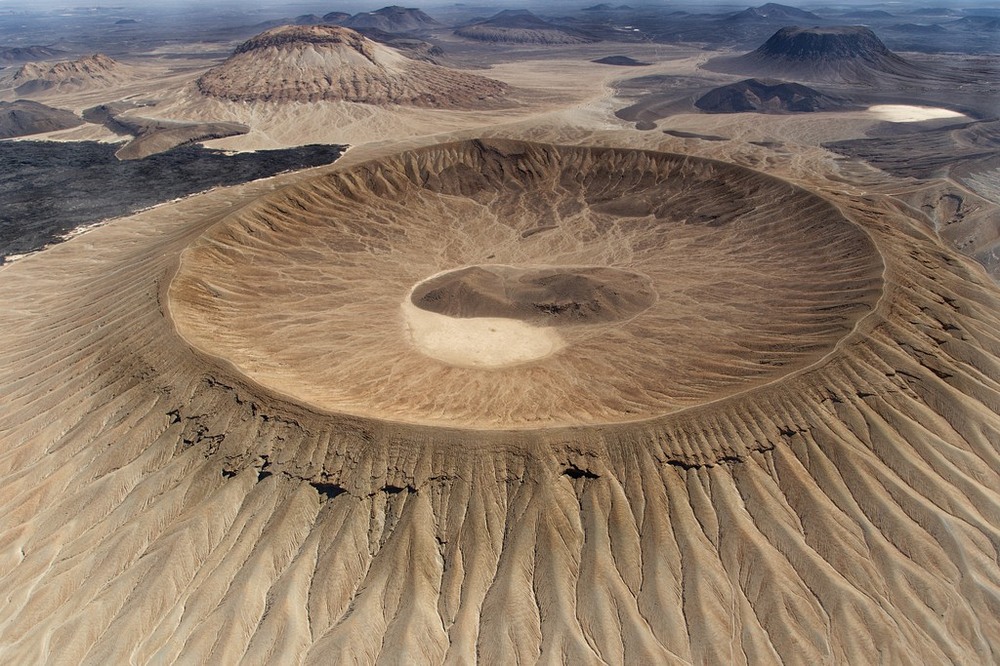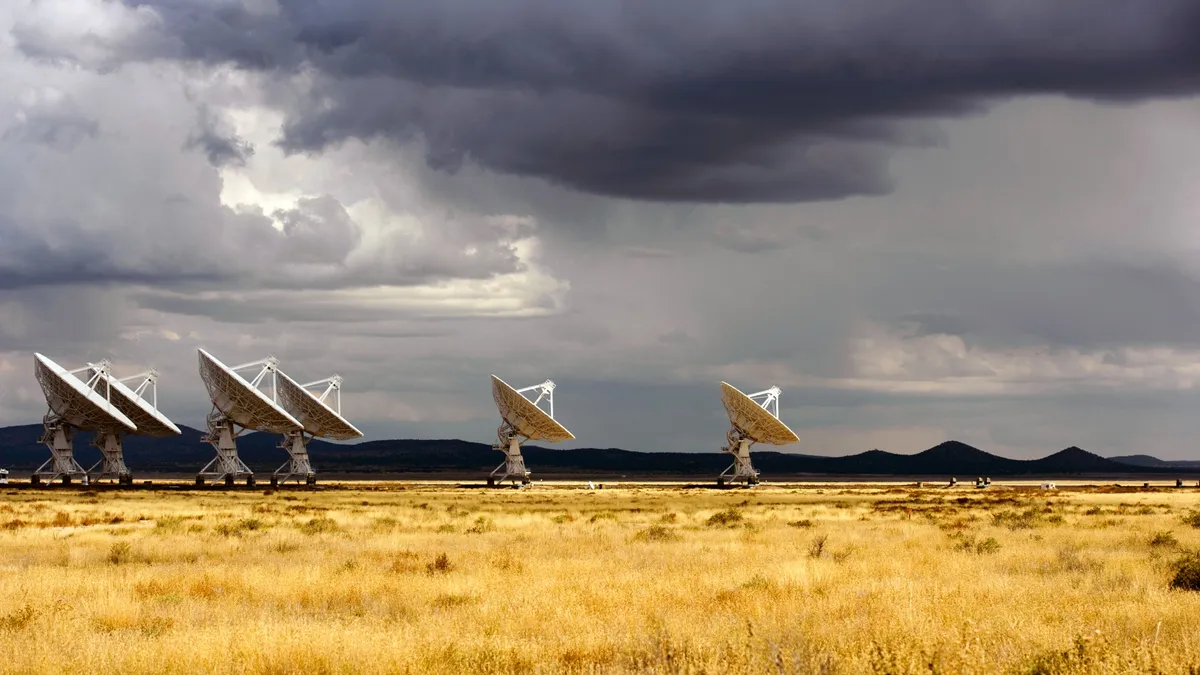The idea of the apocalypse has captivated humanity for millennia. It's easy to see why – our existence is inherently impermanent, and throughout history life has often been brutal and unforgiving. This existential anxiety is woven into the tapestry of major religions like Judaism, Islam, Zoroastrianism, and Christianity, all acknowledging our mortality and impermanence.
In the United States, Christianity holds a dominant position, rife with references to Judgment Day, the Second Coming, and the Rapture – the belief that living and deceased Christians will be lifted heavenward, leaving the unfortunate non-believers behind (1 Thessalonians 4:17). This month's total eclipse only fueled these apocalyptic anxieties, leading some Christians to believe the Rapture was nigh. While their disappointment is understandable, one can't help but find humor in the potential disruption to a presidential election year if such a major voting bloc vanished!
America has a long history of grappling with the apocalypse, and one particular figure stands out: William Miller, a Pittsfield native born in 1782. Miller, a former soldier and later a Baptist preacher, became deeply engrossed in biblical prophecy. After interpreting a passage from Daniel (8:14), he became convinced the Second Coming would occur on a very specific date: October 22, 1844.
Miller's fervent pronouncements, published in a Vermont religious newspaper and later a pamphlet, propelled him to national fame. His followers, known as Millerites, swelled to nearly half a million. When the prophesied date arrived and the world kept spinning, it became known as the "Great Disappointment." This event highlights the enduring human fascination with the apocalypse, even in the face of fallible predictions.
Echoes of the Great Disappointment: David Meade and April 23rd
History provides a sobering reminder of the perils of apocalyptic predictions. In the 1840s, William Miller, a Baptist preacher turned self-proclaimed prophet, captivated the American public with his fervent belief in the imminent return of Christ. After meticulously studying the Bible, Miller concluded that the world would end on a specific date. As the day approached, excitement turned into feverish anticipation, with many followers abandoning their possessions and loved ones in preparation for the Rapture.
However, when the fateful day arrived and dawned uneventfully, disillusionment set in. The event, now known as the Great Disappointment, shattered the Millerite movement. Disillusioned believers lashed out in anger, with reports of violence erupting against churches and fellow members. William Miller himself clung to his convictions until his death five years later, never wavering in his belief that the end was nigh.
Fast forward nearly two centuries, and the echoes of the Great Disappointment seem to resonate once more. A recent excerpt from your friend's website cites April 23rd as a potential doomsday, with David Meade named as the source of this prediction. Much like Miller, Meade is a shrouded figure – an autodidact who delves into numerology and biblical prophecy to decipher the secrets of the cosmos. Unlike Miller, however, details about Meade's background and qualifications remain elusive, adding an extra layer of intrigue (or skepticism) to his pronouncements.
Nibiru Doomsday Prediction Fizzles Again, But Questions Linger About Planet X
Despite the underwhelming track record of his predictions (April 23rd, 2017 and 2018 coming and going without incident), self-proclaimed prophet David Meade once again managed to stir up social media anxieties with his forecast of Earth's imminent demise. My own panicked reading of the article led me to take drastic measures, like avoiding green bananas (presumably out of fear they wouldn't ripen before the supposed apocalypse).
Meade's doomsday prophecy hinged on the arrival of a rogue planet called Nibiru, also known as "Planet X." This celestial body, according to his calculations, was due to make a close approach to Earth on April 23rd, unleashing volcanic eruptions of such magnitude that they would wipe out humanity.
However, NASA has consistently debunked the existence of Nibiru, dismissing it as a hoax. Interestingly though, the space agency has conceded the possibility of a yet-to-be-discovered ninth planet in our solar system, also bearing the moniker "Planet X." This hypothetical planet is estimated to be roughly ten times the size of Earth, which suggests it could indeed wreak havoc if its orbit ever placed it in close proximity to our own planet. The veil of mystery surrounding this potential Planet X, while not a harbinger of immediate doom as Meade suggested, leaves room for intriguing astronomical speculation and underscores the vast unknown that still lies beyond our cosmic neighborhood.
The Caveman in Us All: Why We Focus on the Worst
Humans, myself included, have an inbuilt tendency to dwell on the worst-case scenario. It's a leftover survival skill from our prehistoric past. When it works out, it feels brilliant. When it doesn't, well, no harm done (usually).
Maybe it's just our primitive instincts kicking in, but these days, it seems like everyone's fixated on the apocalypse. A recent Ipsos poll revealed that a third of Americans believe the U.S. won't even exist by the time they die. This fear comes amidst a political climate more divided than ever since the Civil War, with many fearing another conflict on the horizon.
On top of that, Mother Nature seems to be throwing everything at us – earthquakes, volcanic eruptions, natural disasters galore. Not to mention, tensions between nuclear powers are rising, and climate scientists are increasingly pessimistic about our chances of survival. With governments seemingly in denial or disarray, is it any wonder we're feeling a little doom and gloom?
A Sobering Discovery
Disappointment washed over me as I realized the web story I clung to for hope lacked a crucial detail - a date. Digging deeper, I unearthed a facsimile version of the original article, a disheartening discovery that it was from 2018. Relief swiftly morphed into a profound question: how much time do we truly have left?
The history of our planet is a chronicle of rise and fall, a constant dance of extinction and evolution. Species come and go, leaving behind whispers of their existence in fossils and the grand narrative of life on Earth. But unlike past extinctions driven by natural forces, we seem to be the architects of our own demise. Our actions, often fueled by short-sightedness and greed, are hastening the pace of environmental decline at an alarming rate.

























0 Comments